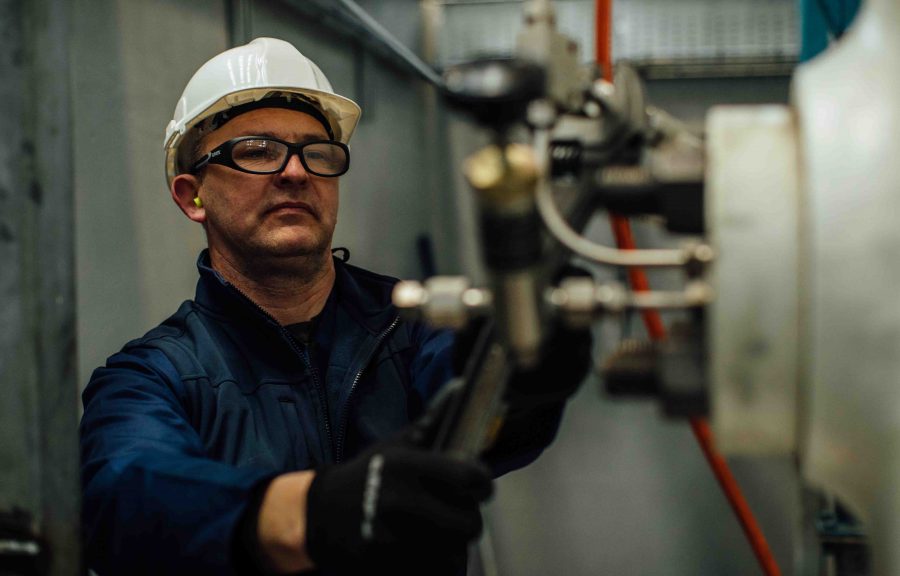API 6A, or ISO 10423, is an internationally recognised industry specification for wellheads and tree equipment.
API 6A identifies the requirements and recommendations for the performance, dimensional and functional interchangeability, design, materials, testing, inspection, welding, marking, handling, storing, shipment, and purchasing of wellheads and tree equipment for use in the petroleum and natural gas industries.
API 6A serves the oil and gas industry and is used to test ‘pressure containing’ equipment made up of a main body and end connectors. This includes valves, chokes, actuators, plugs, connectors, gaskets, trees and wellhead equipment.
The API 6A specification requires manufacturers to conduct a series of tests in order to verify the component. Below is a summary of the typical sequence of tests carried out for API 6A.
1. Valve and actuator pre-qualification tests for API 6A
- Actuator factory acceptance test (FAT)
- Valve factory acceptance test (FAT)
2. Valve PR2 test for API 6A
- Force measurement test
- 160 x dynamic cycle tests at room temperature
- Maximum rated temperature tests (20 x dynamic cycle tests, body and stem seal test, seat test, low pressure seat test)
- Minimum rated temperature tests (20 x dynamic cycle tests, body and stem seal test, seat test, low pressure seat test)
- Temperature cycle with continuous supplied pressure
- Temperature with applied pressure cycle
- Body test at room temperature
- Seat test at room temperature
- Low pressure body test
- Low pressure seat test
- Final force measurement test
In conjunction with API 6A, the full scope of API 17D testing is provided by Tyne Pressure Testing at our facility in the North East of England.
Housing nine pressure testing chambers ranging in size, along with environmental testing bays, Tyne Pressure Testing has the capacity to test to pressures reflecting 15,000m water depth. Our large hyperbaric chamber has an internal working diameter of 2.5 meters and length of 4.5 meters, enabling large components to be tested down to 4,500m water depth. The environmental testing bays allow for temperature testing up to +250°C and down to temperatures as low as -160°C.
API 17D
API 17D provides a specification for the design, material, manufacture, testing, marking, storing, shipping and installation of subsea wellhead and tree equipment for the offshore oil and gas industry. The specification applies to both individual sub-assemblies and complete tree assemblies.
The standard sets out instructions for the qualification testing of valve and actuator assemblies used in equipment including; subsea wellheads, mudline wellheads, drill-through mudline wellheads, vertical subsea trees and horizontal subsea trees.
Read more on the typical sequence of tests carried out for API 17D.
Speak to a member of our team if you would like discuss your pressure testing requirements.
